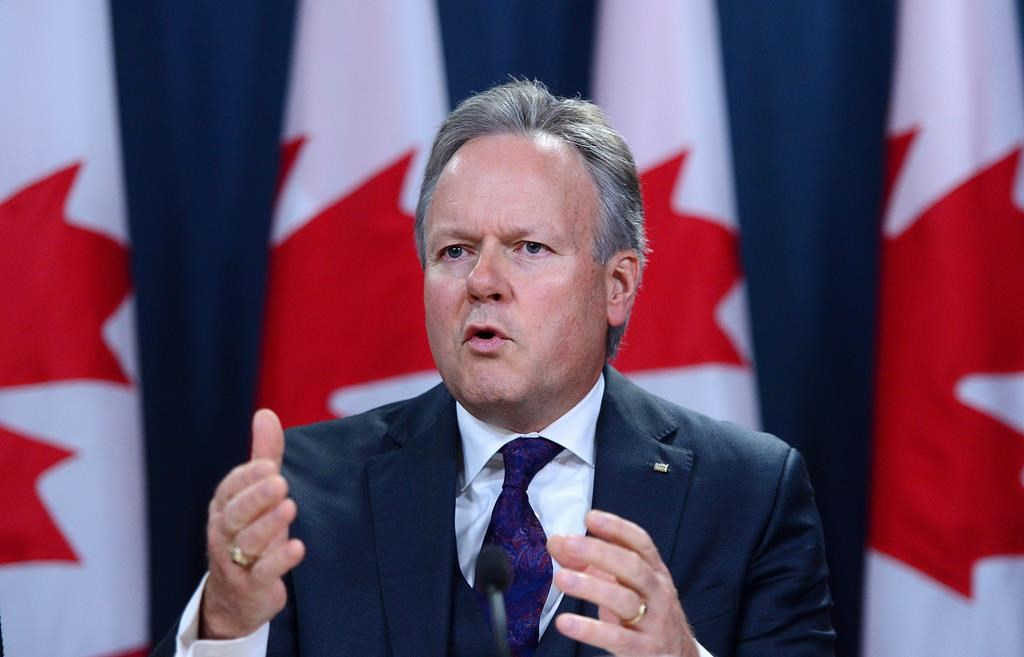Support strong Canadian climate journalism for 2025
Bank of Canada governor Stephen Poloz sat down for an interview Wednesday with The Canadian Press. Here are some selected excerpts of that conversation, in Poloz's own words.
On whether the Bank of Canada has studied the potential economic impacts of legalized recreational cannabis:
"We have not. I see this primarily as a job for (Statistics Canada) to tell us what the economy looks like, including or not including that industry. At first blush, you think of a largely grey market or even black-market sector becoming part of the normal system. We've got articles that study the underground economy and how much of a role cash plays in that economy, and presumably that kind of analysis will be disrupted by the legalization of cannabis. But I have no priors on how that's going to look. It sounds like it would make GDP go up, but only because you're measuring something that used to be not captured."
On whether the bank has made changes to its communications strategy following recent criticism over its approach:
"We've certainly evolved a fair bit in the last three, four years on the communications front, I think positively. There are several different things that we've done that add to the transparency around what we do. Certainly, the opening statement has evolved quite a lot. It used to be kind of reading the press release or parts of it anyway. Now, it's giving more of what I think central bank minutes hope to give you, which is what we talked about, what we debated or deliberated. Whereas, actually, minutes usually give you thousands and thousands of words that you already know and it's really hard to shake out the actual conversations that took place. We've been purposely quite honest about what things were on the table and what things we're really trying to wrestle with or learn more about in order to make these decisions and I think that's been a positive."
On forward guidance about future interest-rate decisions:
"Forward guidance, in its conventional this-is-what-we-commit-to-do — slightly conditional. Conditional on these outcomes is usually the form. What it does is it causes the market to kind of collapse in on that outcome. And the market no longer takes new information and processes it in its conventional way and gives you a reading on what the market thinks. So, there's a presumption in the forward-guidance world that the central bank already knows everything that matters and so the market is just supposed to perform really tranquilly, you know, in this very orderly fashion. Whereas, in fact, there's all kinds of valuable analysis in those reactions of the market to news, which a central bank can learn a lot from.
"So, what I'd rather is have the market doing exactly what we're doing: watching new data, knowing what matters and what doesn't matter, and sifting it. And in the market they respond by re-positioning their portfolios or laying down their positions and we can read from that what the market thinks about the new data and that really helps us. But if we're in a world where we're just telling them, 'Oh by the way, next time we meet we're just going to do this, that or the other thing,' they don't bother doing that. And why would they? They're still looking for outliers, they still would do something.
"I'm not saying that markets are not doing anything in the U.S., for example, where there's a fair bit of forward guidance. But they do it in a less unfettered way. So, I think that's a big plus for us to have the independent market — two-way market. But one of the downsides is whenever you do something, a certain percentage of people will be surprised by it because they were on the other side of that two-way market. But I think from the point of view of how the economy functions, it's very beneficial."





Comments